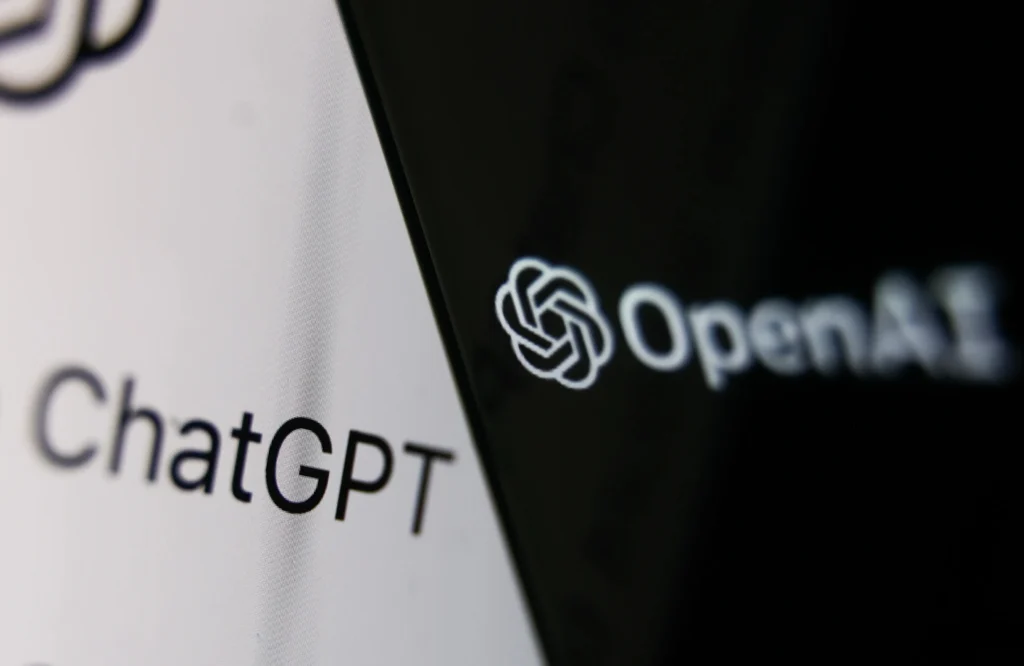
The new chatbot ChatGPT, which is making waves in Silicon Valley, can spout haikus and crack jokes in Italian. It may soon be the bane of all teachers who have to deal with fake essays produced by AI-powered technology.
Elon Musk and investor Sam Altman co-founded the research company. It is anticipating a boom in business thanks to Microsoft Corp.’s (MSFT.O) $1 billion investment.
According to the sources, the company projects revenue of $200 million in 2019 and $1 billion in 2024.
However, the forecast shows how some in Silicon Valley are placing their bets. They are predicting that the underlying technology will advance far beyond flashy and occasionally unreliable public demos. The startup has already motivated competitors and businesses. These businesses are developing applications based on its generative AI software. An example includes the image maker DALL-E 2.
According to the websites, startups like Synthesia and Jasper have attracted Fortune 500 companies. These companies want to use their video-generation or AI copywriting tools as a preview of things to come. However, Jasper relied on OpenAI’s technology.
ChatGPT is already responding to more than 1 million user queries. OpenAI has also garnered interest as an AI supplier and potential Google search rival. Moreover, this year, there are many sizable venture capital firms that declined to support OpenAI. This is due to concerns ChatGPT would not be able to compete with rivals like Alphabet Inc.’s (GOOGL.O) Google or justify a higher valuation. ChatGPT is based on a large language model, which means that the engineers have trained it using text data. The ChatGPT can respond to questions just like a human.
An engineer at Google claimed this year that software it had developed and was currently testing with users was sentient. ChatGPT may occasionally produce harmful instructions or biased content, according to OpenAI. One reason why a major player like Google has closely guarded public access is the potential for chatbots to produce inaccurate answers. Google is worried that chatbots could harm users and harm its reputation.
Such startups run the risk of lucrative applications being discovered and copied by OpenAI or Big Tech firms, which is why Synthesia built its core software in-house.
A former Google researcher and current CEO of research startup Hume AI, Alan Cowen, said that if technology like that of OpenAI becomes commoditized, application developers could benefit financially.
